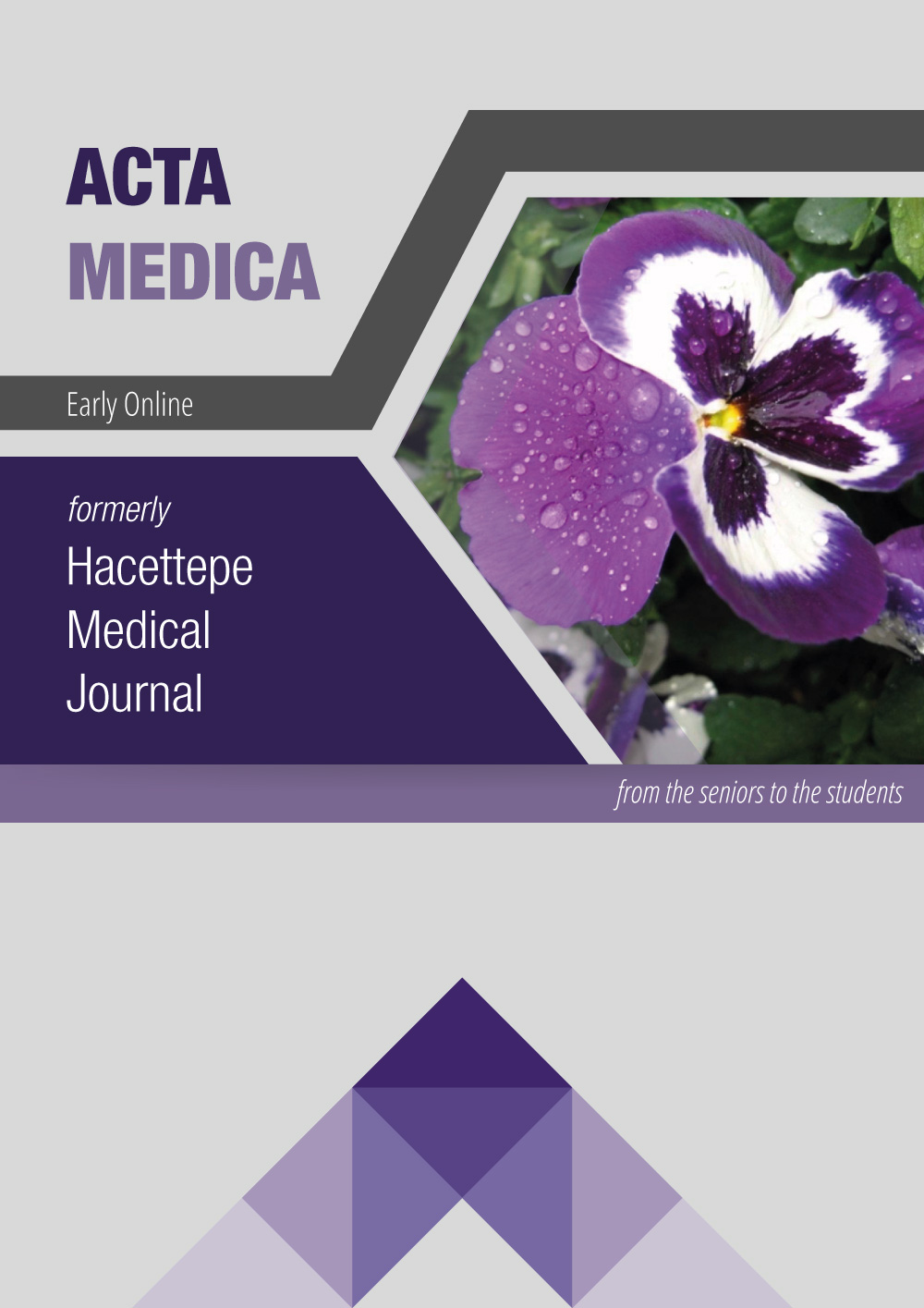Reproductive Factors and Breast Cancer Prognosis: The Possible Role of Cesarean Delivery
DOI:
https://doi.org/10.32552/2021.ActaMedica.506Abstract
Objective: To evaluate the possible associations between tumor pathological characteristics and reproductive factors in women with breast cancer, including method of child delivery.
Materials and Methods: Patients diagnosed as breast cancer between January 2012 and April 2013 in Ankara University Hospitals who had at least one full term pregnancy were included. Data upon pathological prognostic features of tumors and reproductive history of patients were obtained from patient files.
Results: 434 patients with breast cancer were included. Mean age at the time of breast cancer diagnosis was 49.2±10.7 years. History of at least one cesarean delivery was present in 17% of the patients (n=75). Axillary lymph node positivity was related to younger age at first full-term pregnancy (p=0.018), and higher number of parities (p=0.001) in estrogen receptor positive (ER+) breast cancer patients. Although extracapsular invasion was related to shorter time interval since last parity to cancer diagnosis in the whole population (p=0.029), this association disappeared when patients were categorized according to ER status. However, in ER+ patients, history of cesarean delivery was associated with extracapsular invasion (p=0.023). Also, our findings indicated that patients with history of cesarean delivery were diagnosed with breast cancer at younger ages, and after a shorter time interval since last parity (p<0.001). Tumor size (p=0.001), grade (p=0.046), axillary lymph node positivity (p=0.001), lymphovascular invasion (p<0.001), and shorter duration of time since last parity to breast cancer diagnosis (p=0.029) were indicators of metastatic disease.
Conclusion: Our findings indicate that history of cesarean delivery may be associated with poor prognosis in ER+ patients with breast cancer.


